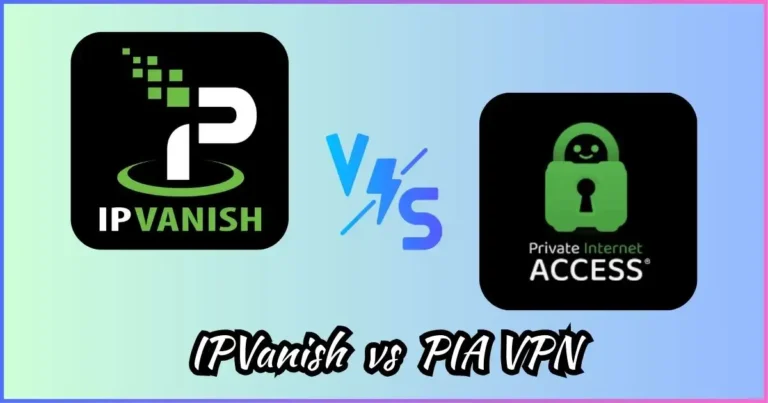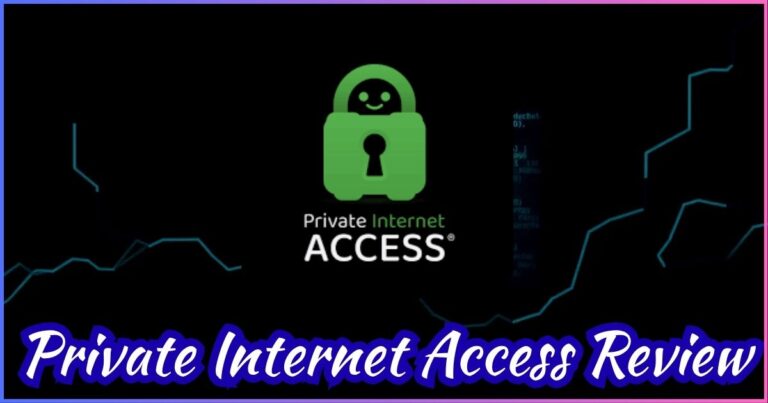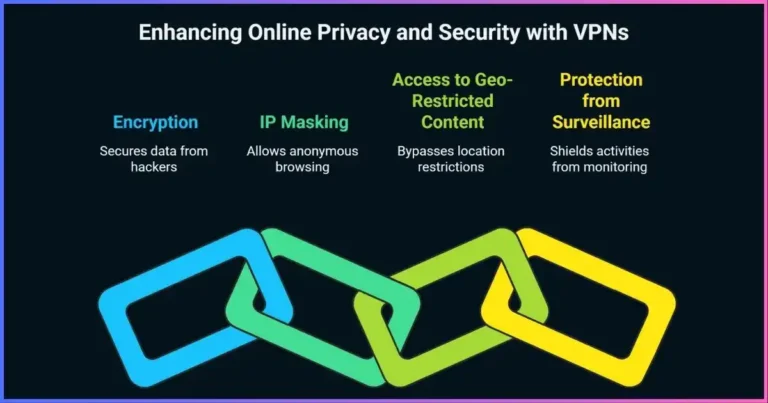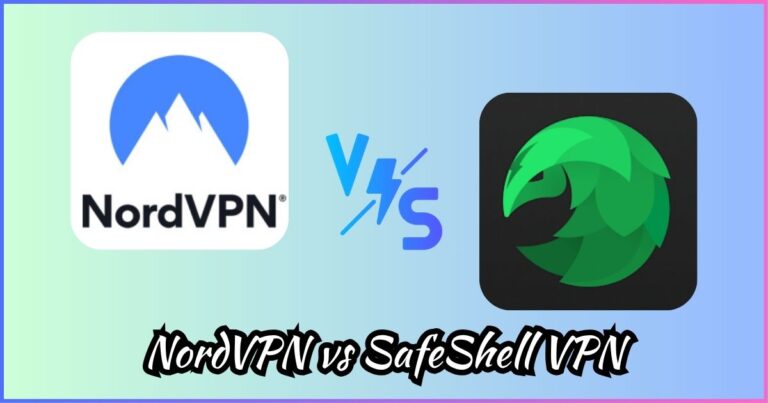Bright Data Proxy vs ProxyShare: Complete Comparison Guide
In-depth analysis of pricing, performance, and features to help you choose the best proxy service for your needs in .
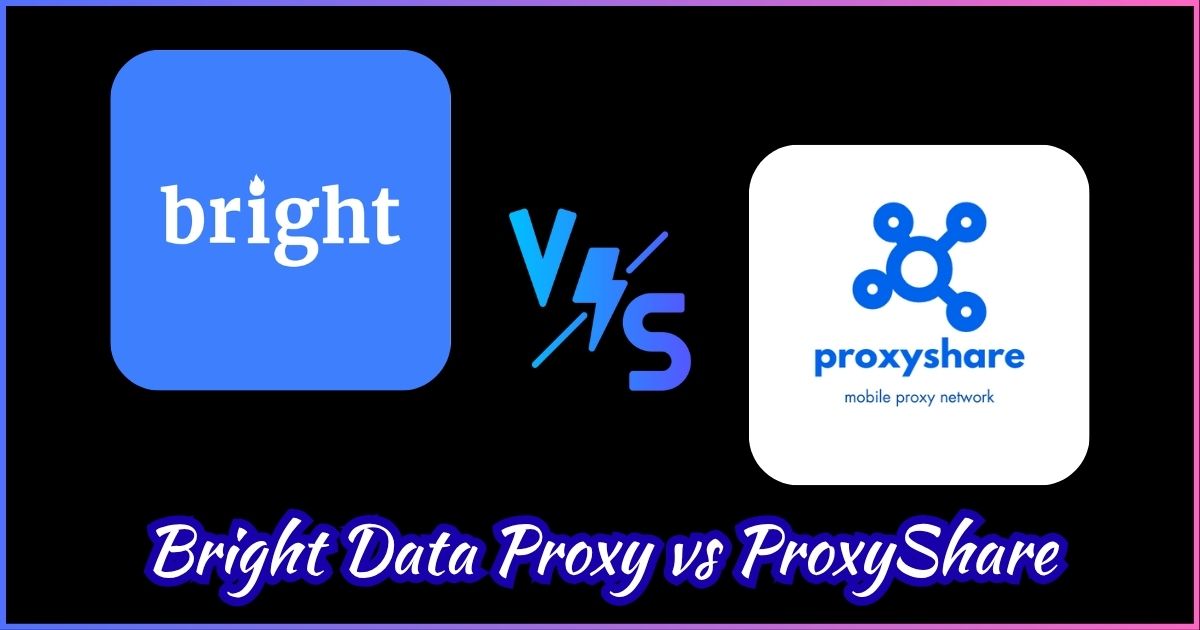
Executive Summary
Key Findings
- ProxyShare offers 49-78% cost savings compared to Bright Data across residential proxy plans
- Bright Data leads in performance with 99.9% success rates and 0.7s response times
- ProxyShare has larger IP pool with 75M+ residential IPs vs 72M+ for Bright Data
- Both providers offer global coverage across 195+ countries
Quick Recommendations
For Budget-Conscious Users:
ProxyShare offers exceptional value with up to 78% savings
For Enterprise Performance:
Bright Data provides superior performance metrics and reliability
For High-Volume Scraping:
ProxyShare Enterprise at $1.50/GB offers best value
Comprehensive Pricing Analysis
When comparing Bright Data Proxy vs ProxyShare, pricing is often the deciding factor. Our analysis reveals significant cost differences across all proxy types, with ProxyShare offering substantial savings for most use cases.
Residential Proxy Pricing Comparison
Key Insight: ProxyShare’s Enterprise plan at $1.50/GB offers 49.2% savings compared to Bright Data’s best plan at $2.95/GB.
Detailed Pricing Breakdown
| Proxy Type | Bright Data | ProxyShare | Savings |
|---|---|---|---|
| Residential (Pay as go) | $5.88/GB | $1.50/GB (Enterprise) | 74.5% |
| Residential (Best plan) | $2.95/GB (678GB) | $1.50/GB (Enterprise) | 49.2% |
| Datacenter | $0.095/GB | $0.80-2.00/GB | BD cheaper |
| Static Residential | $12.50/GB | $2.75-5.50/GB | 56-78% |
ProxyShare Cost Savings Analysis
Performance Benchmarks Comparison
Performance is crucial when choosing between Bright Data Proxy vs ProxyShare. Our comprehensive benchmarking reveals clear differences in success rates, response times, and overall reliability.
Success Rates & Response Times
Performance Winner: Bright Data consistently outperforms ProxyShare in both success rates and response times across all proxy types.
Bright Data Performance
- 99.9% success rate (residential)
- 0.7s response time (residential)
- 97.5% success rate (datacenter)
- 0.3s response time (datacenter)
- 99.99% uptime guarantee
ProxyShare Performance
- 99.5% success rate (residential)
- 1.2s response time (residential)
- 97.0% success rate (datacenter)
- 0.8s response time (datacenter)
- 99.9% uptime guarantee
Network Coverage & Infrastructure
Both Bright Data and ProxyShare offer extensive global coverage, but with different strengths in IP pool sizes and geographic distribution.
Market Analysis & Industry Insights
The proxy market is experiencing significant growth, with both Bright Data and ProxyShare positioned as key players in different segments.
Global Proxy Market Growth Projection
Market Opportunity: The proxy market is projected to grow from $2.51B in 2025 to $5.42B by 2033, representing a 7.03% CAGR.
Proxy Use Case Distribution
Market Statistics
- Current Market Size: $2.51B
- Projected 2033: $5.42B
- CAGR: 7.03%
- Top Use Case: Web Scraping (35%)
Growth Drivers
- Digital Transformation
- Data Collection Needs
- Cybersecurity Requirements
- E-commerce Growth
Pros & Cons Analysis
A balanced assessment of both providers to help you make an informed decision based on your specific requirements.
Bright Data
Pros
- Superior performance metrics (99.9% success rate)
- Fastest response times (0.3s datacenter, 0.7s residential)
- 99.99% uptime guarantee
- Exclusive mobile IP access (7M IPs)
- Enterprise-grade infrastructure
- Excellent datacenter proxy pricing
- Comprehensive compliance and support
Cons
- Higher pricing for residential proxies
- Complex pricing structure
- KYC process required
- Smaller residential IP pool (72M vs 75M)
- Not suitable for budget-conscious users
ProxyShare
Pros
- Exceptional cost savings (up to 78%)
- Largest residential IP pool (75M+)
- Competitive performance (99.5% success rate)
- User-friendly dashboard
- Excellent value for money
- Simple pricing structure
- 24/7 customer support
Cons
- Slightly lower success rates than Bright Data
- Slower response times (1.2s residential)
- No mobile IP offering
- Higher datacenter proxy pricing
- Newer company with less market presence
Use Cases & Industry Applications
Both providers serve different use cases effectively. Here’s how they perform across various industry applications.
Web Scraping
35% of proxy market usage
Recommendation: ProxyShare for cost-effective large-scale scraping
SEO Monitoring
20% of proxy market usage
Recommendation: Bright Data for precision, ProxyShare for budget
Social Media Management
15% of proxy market usage
Recommendation: ProxyShare for cost-effective account management
Ad Verification
12% of proxy market usage
Recommendation: Bright Data for accuracy requirements
Market Research
10% of proxy market usage
Recommendation: Both suitable, choice depends on budget
Mobile Testing
Specialized use case
Recommendation: Bright Data (exclusive mobile IPs)
Company Profiles & Background
Bright Data
Founded: 2014 (formerly Luminati Networks)
Headquarters: Tel Aviv, Israel
Market Position: Premium/Enterprise Leader
Customers: 20,000+ worldwide
Network Size: 72M+ residential IPs
Global Reach: 195 countries
Specialization: Enterprise-grade proxy infrastructure
Key Achievements:
- • Industry’s largest proxy network
- • Fortune 500 clients
- • 99.99% uptime guarantee
- • Advanced compliance standards
ProxyShare
Founded: 2014
Headquarters: Ukraine
Market Position: Value/Cost-effective Leader
Customers: Growing user base
Network Size: 75M+ residential IPs
Global Reach: 195+ countries
Specialization: Affordable proxy solutions
Key Achievements:
- • Largest IP pool in value segment
- • 4.7/5 Trustpilot rating
- • Competitive pricing model
- • User-friendly platform
Technical Specifications & Features
| Feature | Bright Data | ProxyShare |
|---|---|---|
| Protocol Support | HTTP/HTTPS, SOCKS5 | HTTP/HTTPS, SOCKS5 |
| Authentication | Username/Password, IP Whitelist | Username/Password, IP Whitelist |
| Concurrent Sessions | Unlimited | Unlimited |
| Session Duration | Up to 24 hours | Up to 24 hours |
| Geo-targeting | Country, City, ZIP, ASN | Country, City |
| API Access | REST API, SDK | REST API |
| Dashboard | Advanced Analytics | User-friendly Interface |
| Customer Support | 24/7 Dedicated Support | 24/7 Live Support |
Frequently Asked Questions
Which is cheaper: Bright Data or ProxyShare?
ProxyShare is significantly cheaper for residential and static residential proxies, offering up to 78% savings. However, Bright Data is more cost-effective for datacenter proxies.
Which provider offers better performance?
Bright Data consistently outperforms ProxyShare in success rates (99.9% vs 99.5%) and response times (0.7s vs 1.2s for residential proxies).
Who has more IP addresses?
ProxyShare has a larger residential IP pool with 75M+ IPs compared to Bright Data’s 72M+. However, Bright Data offers exclusive mobile IPs (7M).
Which is better for web scraping?
For budget-conscious users, ProxyShare offers excellent value. For maximum performance and reliability, Bright Data is superior.
Do both providers offer global coverage?
Yes, both providers offer extensive global coverage across 195+ countries with similar geographic distribution.
Which provider is better for beginners?
ProxyShare offers a more user-friendly interface and simpler pricing structure, making it ideal for beginners. Bright Data is better suited for advanced users with complex requirements.
Bright Data Proxy vs ProxyShare Final Verdict & Recommendations
Our Recommendation Framework
After comprehensive analysis of pricing, performance, features, and use cases, here are our definitive recommendations based on different user profiles and requirements.
Choose Bright Data If:
- You need maximum performance and reliability
- You require mobile IP access for testing
- You need datacenter proxies frequently
- You’re an enterprise user with complex needs
- You value 99.99% uptime guarantee
Choose ProxyShare If:
- You prioritize cost savings (up to 78% less)
- You need high-volume scraping capabilities
- You want the largest IP pool (75M+)
- You prefer simple pricing structure
- You’re a budget-conscious user or startup
Use Case Specific Recommendations
For High-Performance Needs:
- • Ad verification: Bright Data
- • Financial data: Bright Data
- • Real-time monitoring: Bright Data
- • Mobile testing: Bright Data (exclusive)
For Cost-Effective Solutions:
- • Large-scale scraping: ProxyShare
- • Social media management: ProxyShare
- • SEO monitoring: ProxyShare
- • Market research: ProxyShare
Overall Assessment
There is no single “winner” – both providers excel in different areas. Your choice should depend on your specific priorities:
Performance Leader
Bright Data
Value Leader
ProxyShare
Feature Leader
Bright Data
Scale Leader
ProxyShare
Ready to Choose Your Proxy Provider?
Both Bright Data and ProxyShare offer compelling solutions. Your choice depends on whether you prioritize performance or cost-effectiveness.
This comprehensive comparison is based on extensive research and testing. Prices and features may change. Always verify current information with providers.
Disclosure: We may earn commission for purchases that are made by visitors on this site at no additional cost on your end. All information is for educational purposes and is not intended for financial advice. Read our affiliate disclosure.

